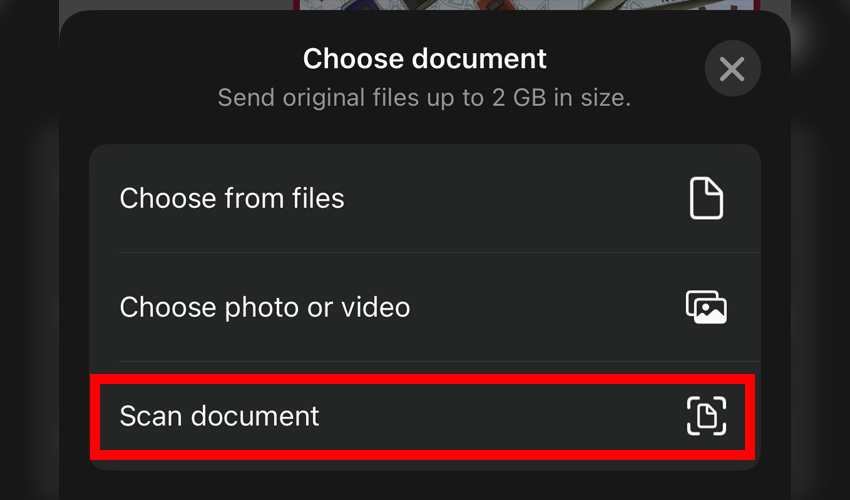In a surprising turn of events, Epic Games has announced its triumphant return to iPhones and iPads, bringing the highly anticipated Epic Games Store and the beloved Fortnite back to the iOS ecosystem.
This reintegration follows a lengthy three-year hiatus due to a legal dispute with tech giant Apple, signaling a potential thaw in the previously frosty relationship between the two gaming behemoths.
The breakthrough comes on the heels of Apple's recent implementation of a new policy allowing alternative apps in its App Stores, adhering to the Digital Markets Act.
Epic Games plans an initial rollout in Europe later this year, with aspirations for a global availability of the Epic Store across iOS and iPadOS in the future.
While Epic Games CEO Tim Sweeney has been a vocal critic of Apple's policies, even denouncing them as "hot garbage," the strategic move to re-enter the iOS ecosystem suggests a pragmatic approach to navigating the evolving tech landscape.
Sweeney maintains that the legal battle with Apple will persist, emphasizing the company's commitment to challenging perceived violations of the law.
Apple, in complying with the EU's new rules aimed at curbing the power of Big Tech, has made concessions that open doors for alternative app stores on iPhones and iPads. However, Apple's continued influence over third-party app stores may pose challenges for Epic's re-entry into the iOS ecosystem.
One of the key points of contention is Apple's policy requiring app users to pay a nominal fee for apps not downloaded from the App Store, a move criticized by Sweeney as imposing "junk fees." Despite these hurdles, Epic Games Store will enable iPhone and iPad users to play Fortnite without relying on a cloud gaming service, providing a more seamless gaming experience.
As part of the Digital Markets Act compliance, Apple is now obligated to offer more choices for European users and implement safeguards against potential risks associated with new apps. Developers will benefit from new tools allowing them to distribute their apps through alternative stores and payment methods, with safety measures such as Notarization ensuring the legitimacy of apps before download.
While these changes mark a significant shift in Apple's approach to app distribution, they also bring about potential risks, including the possibility of harmful or deceptive apps. To address these concerns, Apple is implementing robust safety measures and enhancing information about apps to empower users to make informed decisions before downloading.



























